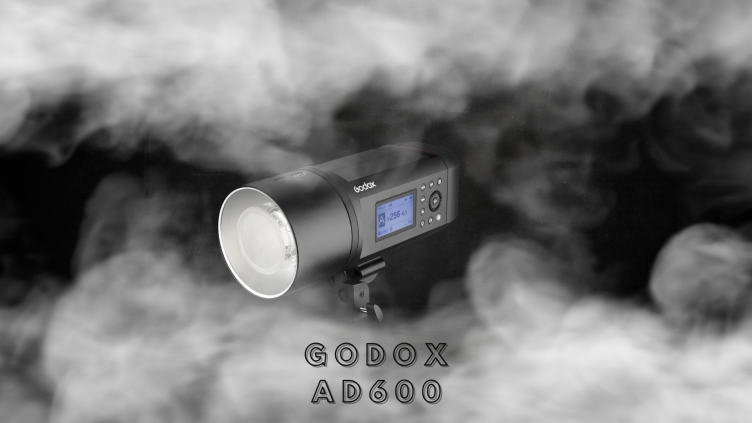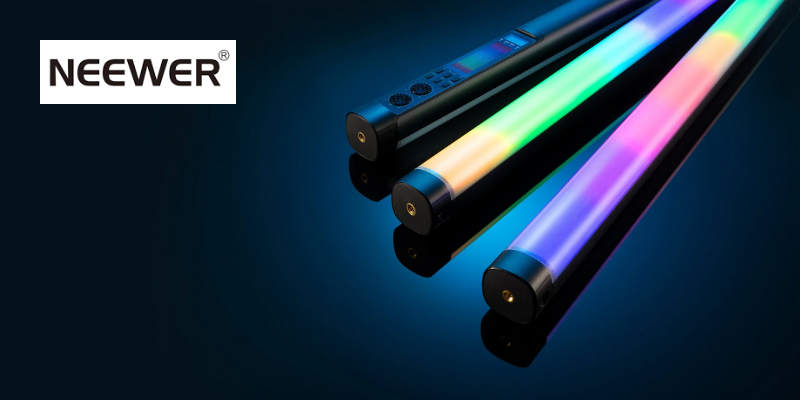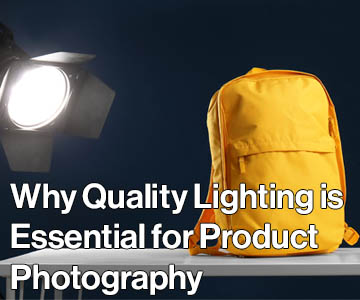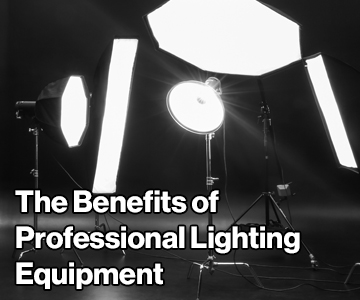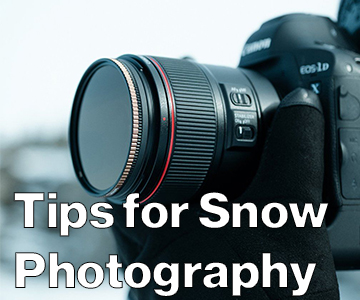Q&A With Sheradon Dublin: Work, Equipment and Lighting
- Sheradon Dublin
- Blog
- 14 Dec 2020
- 44views
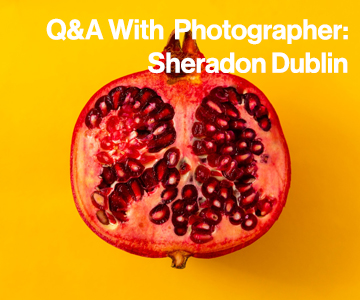
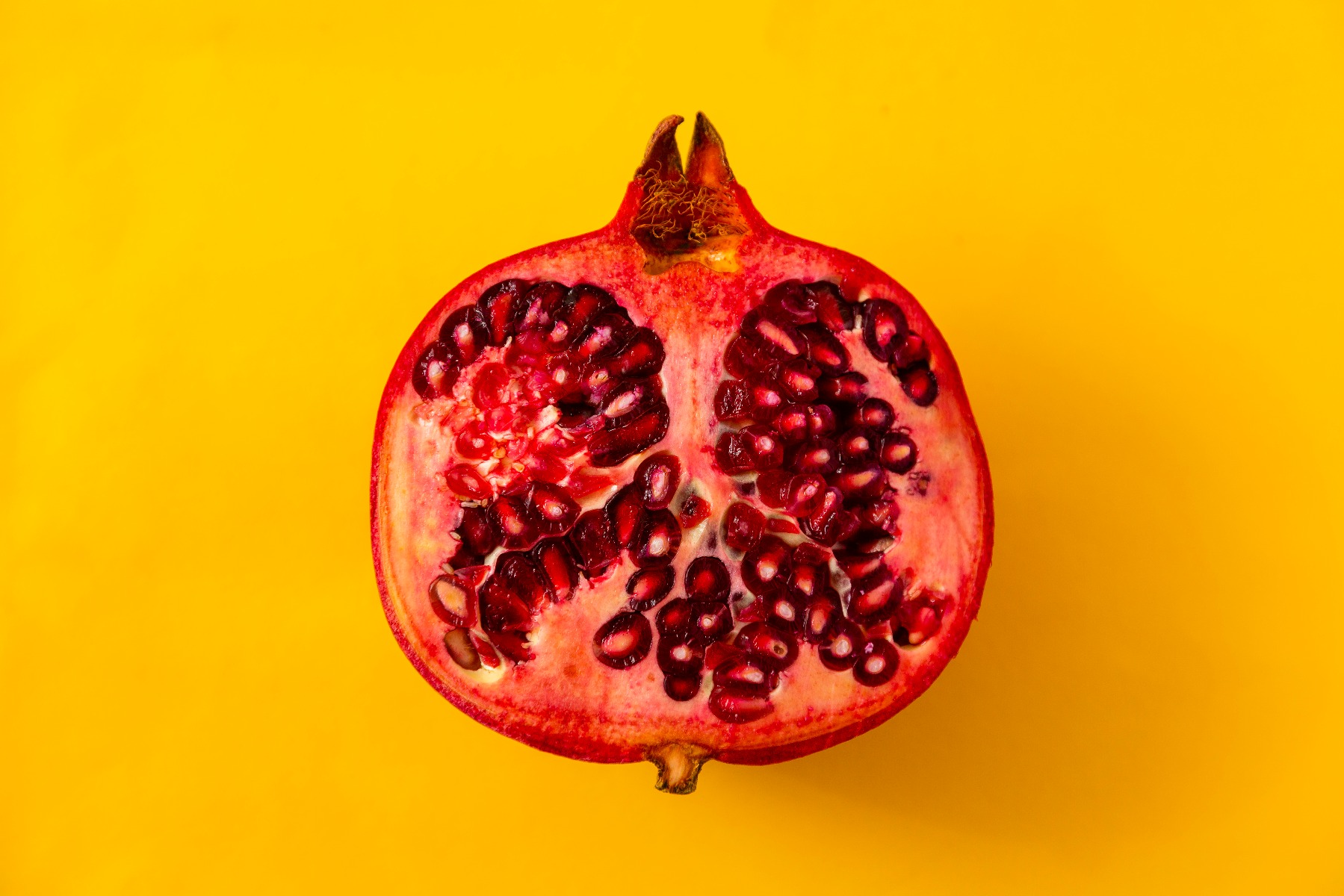
Starting at the very beginning, how did you get into photography?
I was introduced to photography at quite a young age, but it wasn't until my teens that I discovered my love of the craft and picked up a camera. I had an uncle that was a serious amateur, so I spent quite a few weekends throughout my childhood accompanying him to second-hand camera shops, or greasing his collection of 1980s photography books. Completely unknown to me that his copies of John Hedgecoe's manuals would play a major part in my photography education roughly a decade later.
I trained as a graphic designer in the mid-90s, and a few years into the course the whole class had to complete a week-long photography module for extra course work. This was when everything changed for me. I remember seeing my first print come to life in the developing tray and after that, I was hooked. The photography tutor also played a major part in my development as I would always bombard him with a barrage of questions, which he was always happy to answer in detail.
The pivotal moment came when the same tutor starting giving me the keys to the darkroom, leaving me to get on with developing my own negs and prints during lunchtimes and after hours, while the other students were in the pub next door.
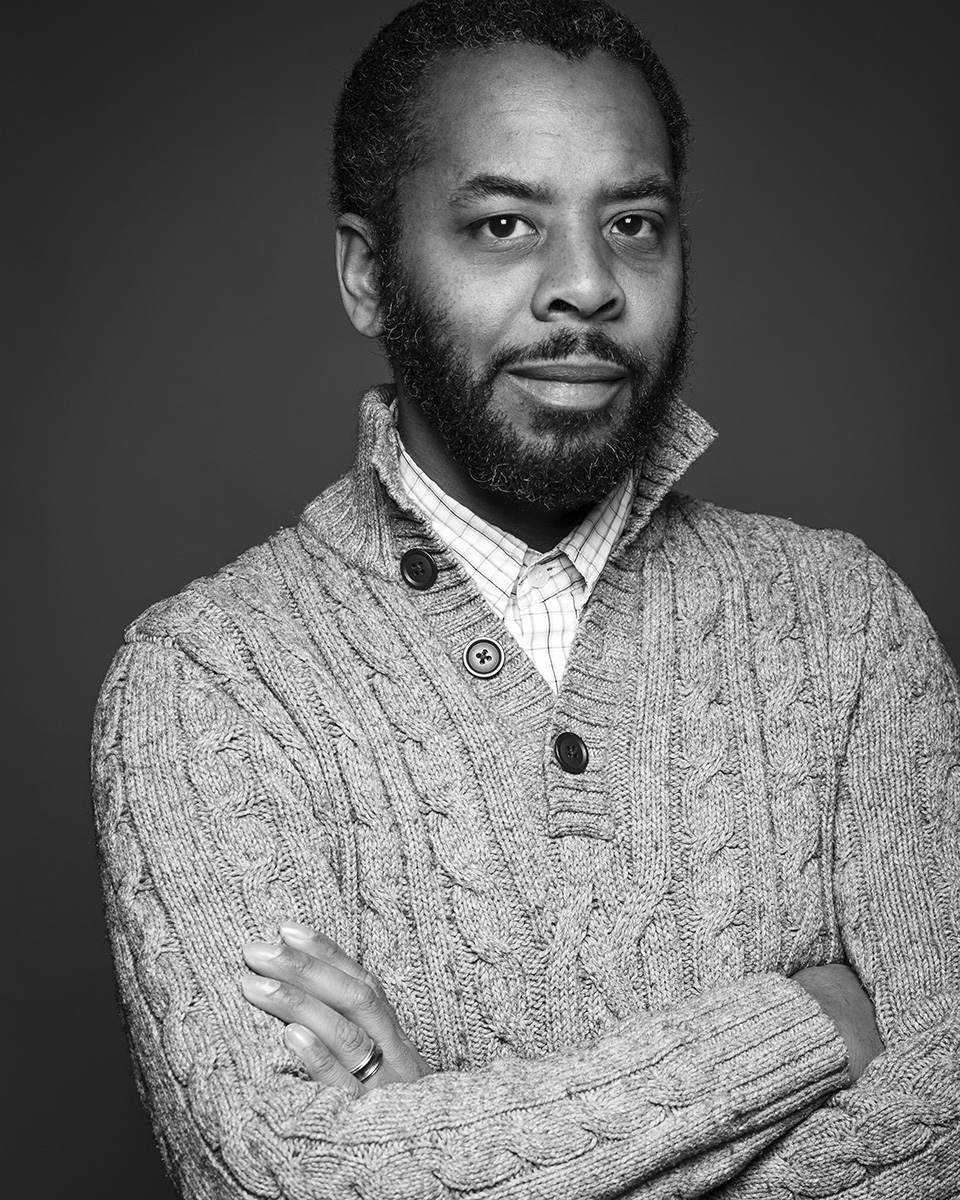
Can you remember the first camera you owned or bought?
The first camera I owned (and still have) was the hardy Minolta X7000, made in 1981. It was built like a tank, able to withstand all the knocks an inexperience photographer would subject it to. The best thing about the X7000 was the cost of the second-hand bodies - they could be picked up for about £60, so I always had spare parts should I need them. This camera body was eventually upgraded to a Minolta Dynax 7 once I started to take the craft a little more seriously and outgrew the X7000 with its single focus point.
What 5 things do you know now that you wish you had known when you started out?
This is a great question, I could probably write a whole book on this subject alone.
- Learn the basics. We all experience that rush of beginner enthusiasm when we get our new cameras, often skipping the fundamentals of photography, myself included. If I had taken the time to learn more the about the exposure triangle, depth of field, and more importantly how to use my camera correctly my earliest photos would have been so much better and I would not have been so disheartened on occasion at the beginning.
- Learn how to read and control light. This was a big one for me, I was happy shooting with ambient daylight for years but never really gave it much thought until a few portraits I took came back with less than positive reviews, after that, I went back to the drawing board and even today I am still learning various lighting techniques.
- Expand your creative horizon & shoot outside of your comfort zone. I wish I done this sooner. By exploring different photographic subjects and embracing the fear, my skill-set increased and my photos benefited from having the know-how in various areas. This went hand in hand with occasionally shooting outside of my comfort zone. Perfect example, on one occasion shooting outside my comfort zone, resulted in being flown to the South of France for three days to document a beautifully lavish wedding in a 17th-century chateau!
- Gear Lust & Envy. Despite what the manufacturers tell you, New cameras and lenses will not make you a better photographer. The path to better photos comes from understanding light, learning photographic techniques and repeated trial and error. After, you can then make informed choices about any gear that's needed.
- Shoot for yourself. This is relevant more now than ever, with social media being a part of everyday life its easy to start comparing your own work with those more experienced or further along in their career and become disheartened. I feel that social media and photography online has its place, but should be consumed in small doses (unless it's educational) as a lot of it is smoke and mirrors and most likely down to years experience and knowledge on the part of the photographer. It's better to have a smaller dedicated number of followers that enjoy your work, rather than thousands that are just scrolling and liking indiscriminately.
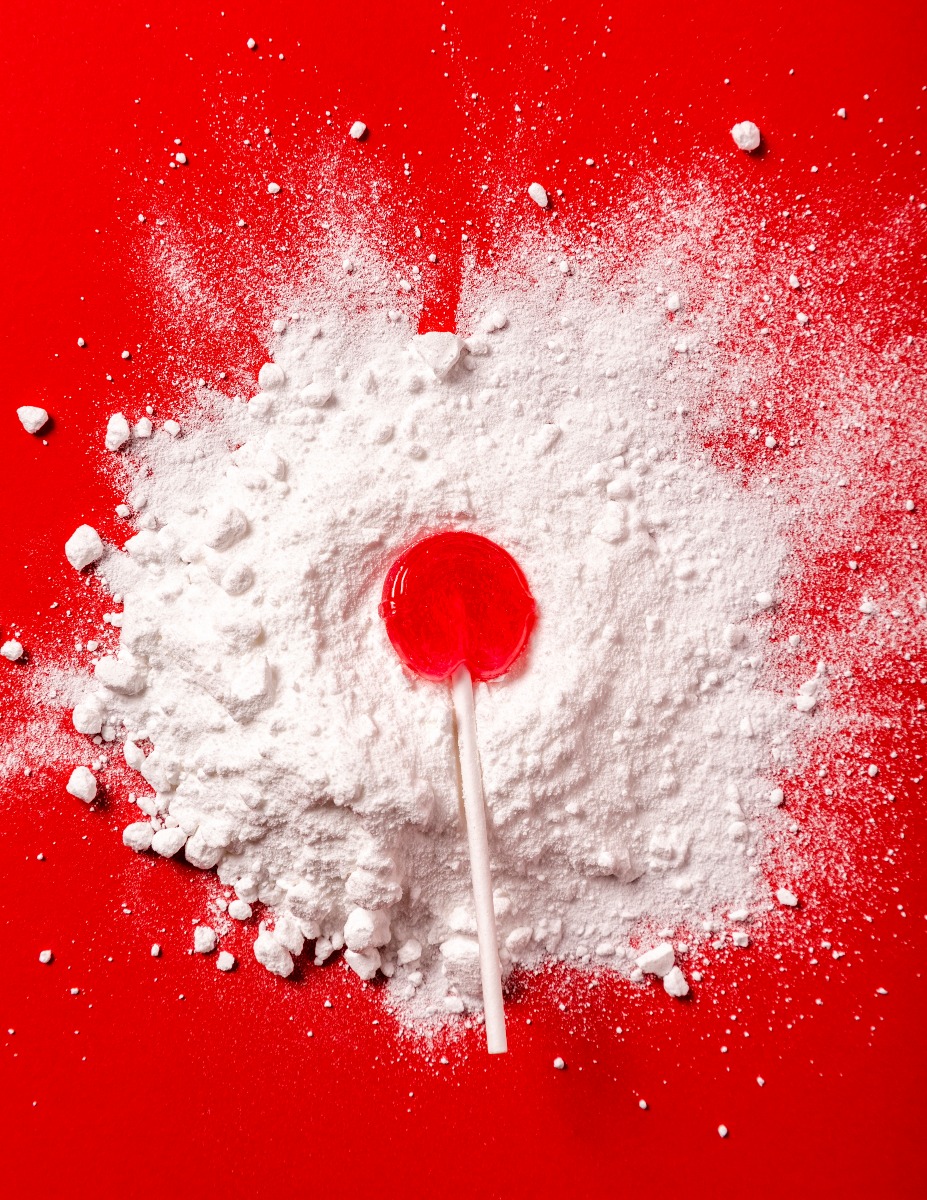
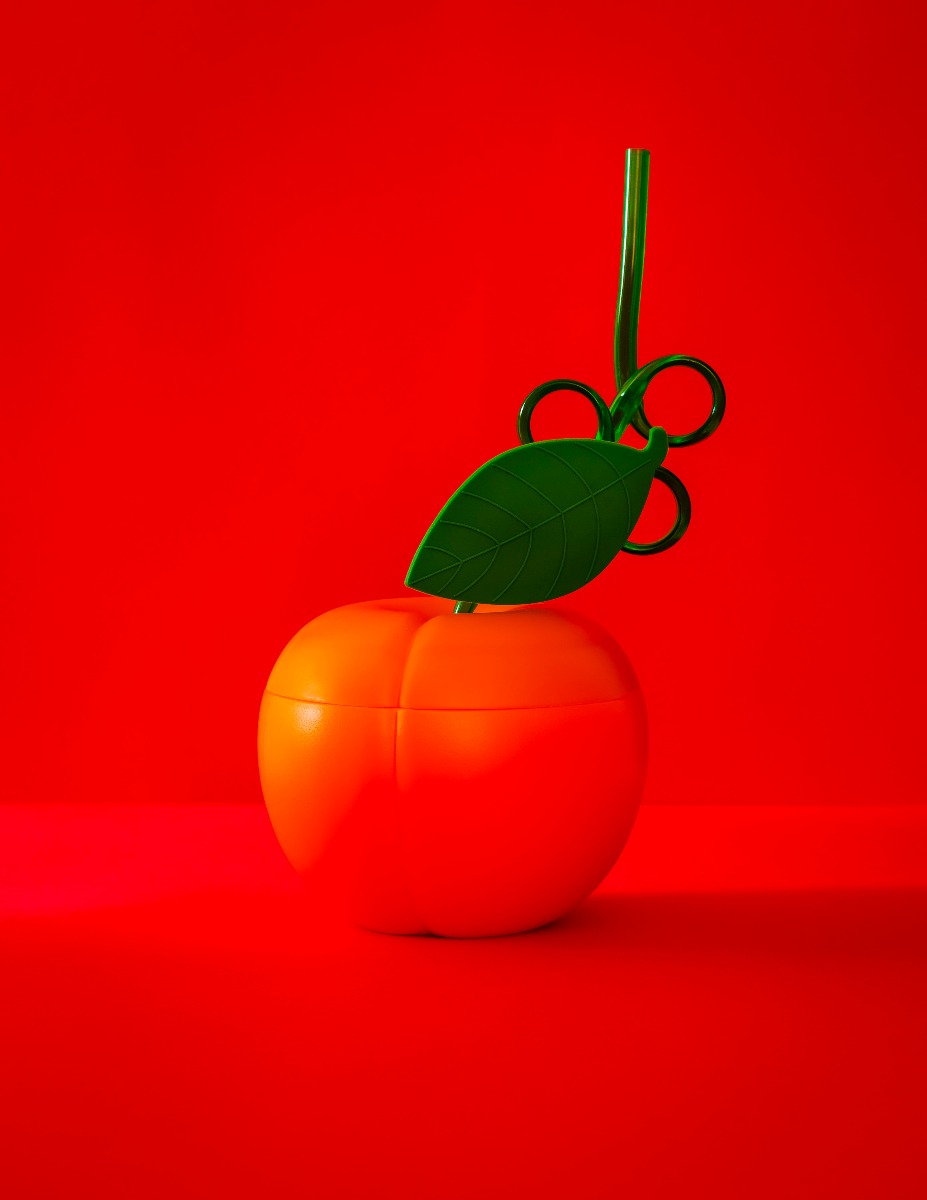
Who were your biggest influences? Who did/ do you look up to?
Norman Parkinson, Helmut Newton and Marco Tengalia are probably top of the list as I used to shoot a lot of fashion and portrait-related work. I love the look and stylish aesthetic their photos have, even though they are quite different.
Next is Steve Diet Goedde who I had the honour of meeting last year. His work has been a massive influence since the 90s, mostly for his alternative fashion work and my love of black and white.
Recently, that list goes in so many directions as my work is constantly evolving, I have great respect for the following as they say it how it is, there is no BS or ego, plus all the knowledge they pass on is consistent. Joe McNally, Zack Arias, Karl Taylor, and Sean Tucker, with Joanie Simon and Scott Choccino being the most recent.
What is currently in your kit bag? What products are you using?
Over the last year, I’ve not needed every piece of kit I owned, so I have a narrowed it down to the essentials that I can shoot most jobs with.
3 Smartflash 400 heads,
2 Standard Reflector Heads
Pack of assorted grids
Pack of Colour gels
Bag of Manfrotto super clamps
Bag of plastic B&Q Crocodile clamps
4 sandbags
Sekonic L308X light meter
Canon 100mm macro
Canon 24-105mm f4
Canon 85mm f1.8
Canon 40mm
Canon 50mm
Canon 28mm
Canon 17-40mm
Ricoh Theta V 360 camera
Camranger wireless tether system
Ipad Mini
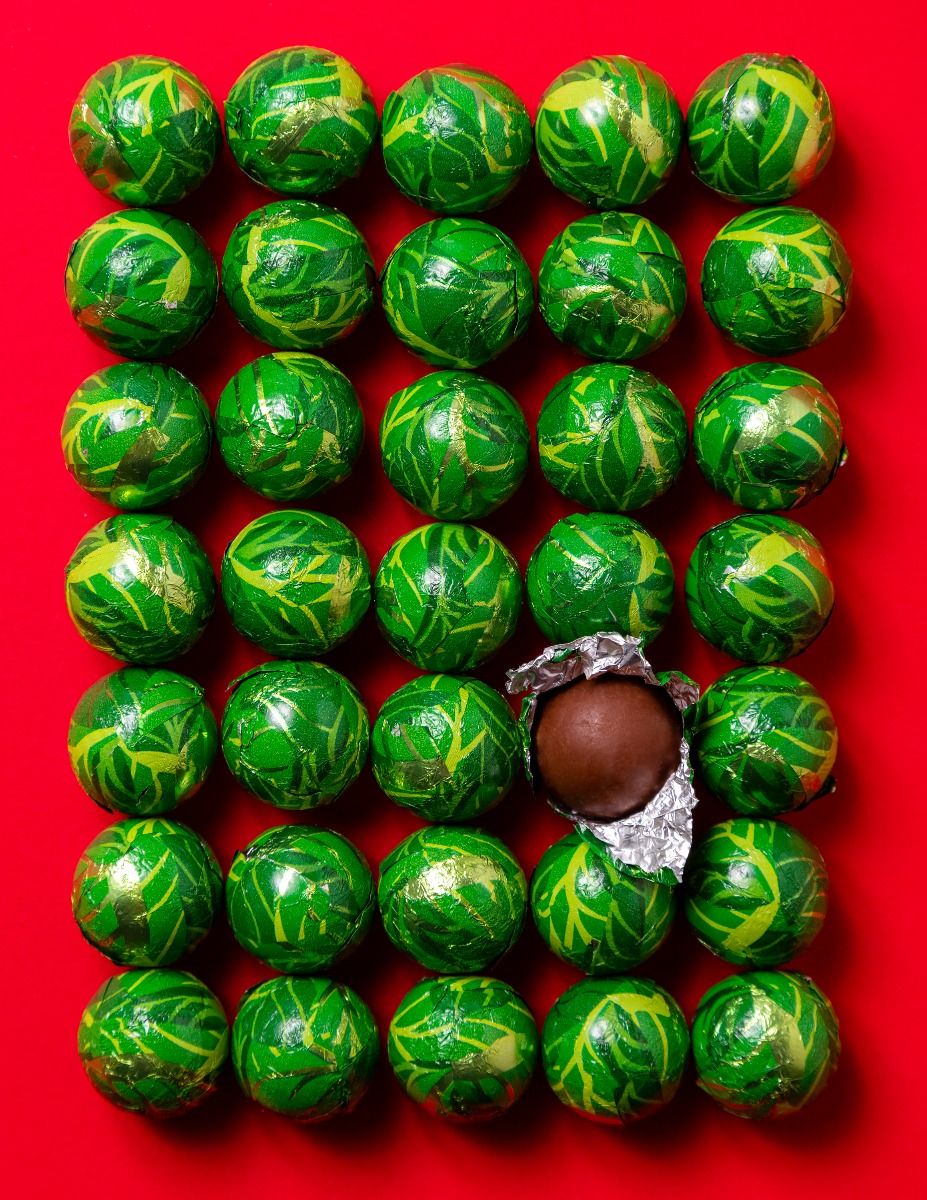
Do you feel that equipment is important when taking good images?
Yes, I do feel that having the right equipment is important, but I feel that knowledge trumps the gear every time. That's not to say if you are just starting out, your home-made reflector made from some cardboard wrapped in tin foil isn’t any good. If it gets the job done, then crack on. There will come a time when you need a foldable reflector - that’s when you ideally make that informed purchase. There is also a tiny element of theatre when taking photos professionally, a perfect example is would really want to you pull out your homemade reflector if you were commissioned to take a portrait of the Queen? :)
If you were to recommend a studio set up to someone looking to work in studio photography is there anything, in particular, you would recommend?
Oh, that's a tough one. Ok, let's assume you have the space to store everything, plus decent ceiling height. I would suggest getting a really well-made crane or boom arm for your equally large softbox or octa. Standard light stands are great but the boom arm gives you more options with height, positioning and stability if using larger modifiers. I had one in my last studio and once the giant crane was assembled the regular light stands become redundant.
How do you see your work progressing in the future? Do you have any skills you want to develop further or another field you want to break into?
Over the last year, my work has become more aligned with my design background, so I am photographing food and products more, which I was not doing at all in early 2019. I would also really like to develop my stop-motion and film-making skillset as the scope for creativity with that medium is endless.
Do you have any projects coming up?
Yes, there are a few. I am currently working on food-related projects with local restaurants and their new take-out social media content, I have also been working with 360 photography for interiors firms, which is a slightly new direction of work for me, and in 2021 I will be collaborating with a fellow creative to host photography workshops. I am really excited about this as it will be great to be able to share my love of the craft with others.
Finally, what advice would you give to people looking to start a career in photography or professionals currently working in the field?
For those just starting out, don't get hung up on the gear. It's the ideas and technical know-how, the theory and the understanding of how to control light, that creates great images. A camera is just a tool that helps create images at the end of the day.
Develop a thick skin. You will get a fair amount of criticism over the years. It is the constructive/technical advice you should pay attention to, ignoring anything that resembles jealousy or bitterness.
Grow your network and share information. I am guilty of this one, for years I mostly worked alone and rarely shared tips with other photographers, but after I started doing so, my creative network started to grow rapidly. The advice and tips I started giving were soon reciprocated, followed by invites to assist on shoots, plus I started to learn at an accelerated rate. I also started to land larger clients because of the vast range of insights given by my peers.
We are all in the same photography boat, it's more fun for everyone without ego.

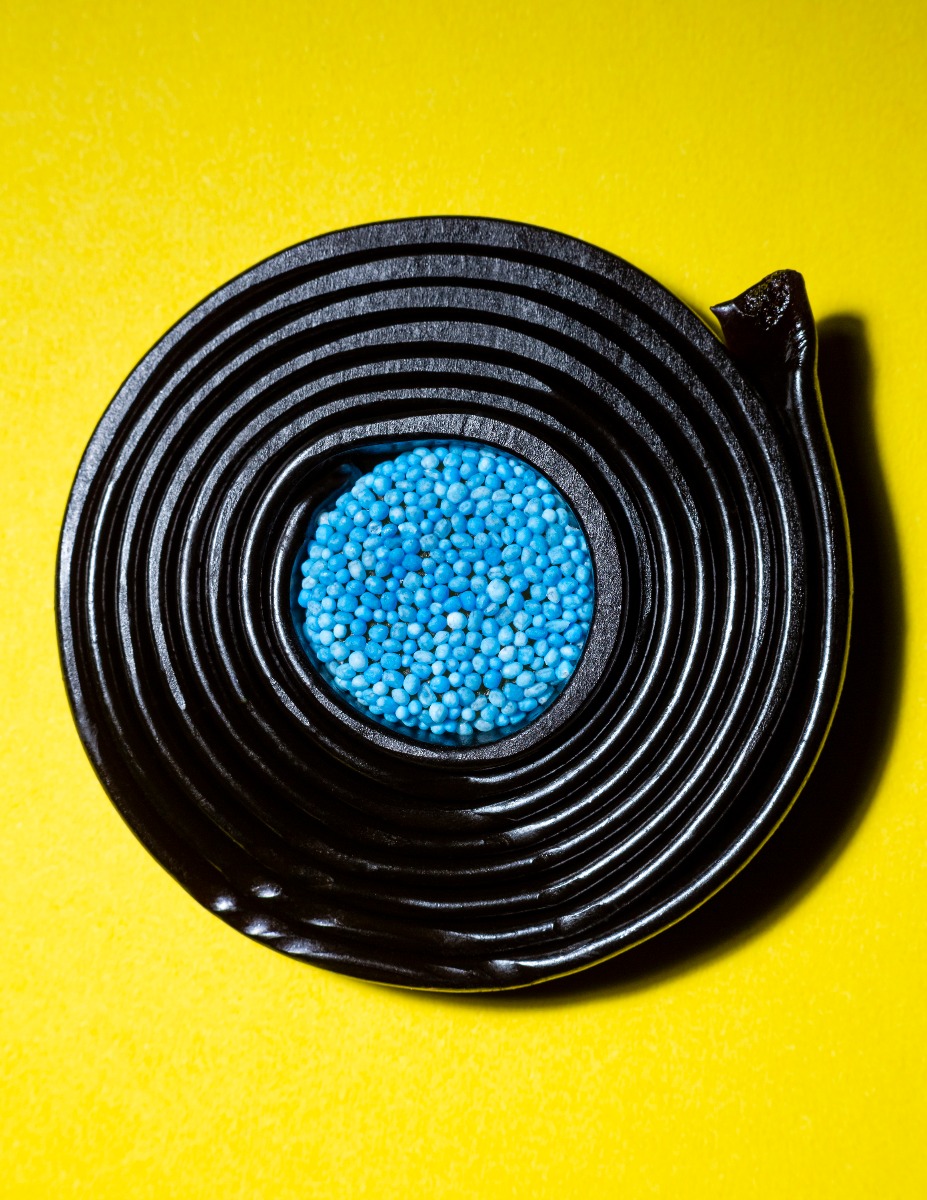
For the working pros.
I don't really have any advice for the working pros, as I'm sure they already know about the personal and business-related struggles that come with working in this industry. I would say, keep doing what you are doing as the bar is always being raised and that's what makes working in this field so interesting.

